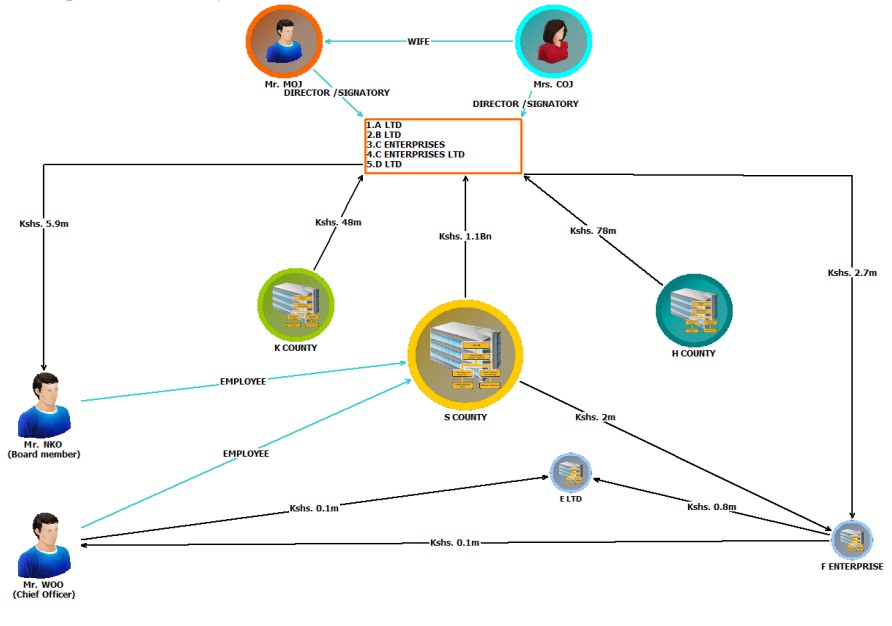President William Ruto is building a mega State House church in Nairobi. This has been revealed by an expose that was published by the Daily Nation on Friday, July 4, 2025. According to the expose, the mega church has been designed by Skair Architects Limited and has a sitting capacity of 8,000.
The Nation report stated that the project whose revelation is expected to kick up a storm is already coming up near the presidential helipads. It is not clear why the president has chosen to install a church at State House against Article 8 of the Constitution which prohibits the State from adopting or endorsing any religion.
According to the report in the daily, there are four individual prayer rooms inside the church and one big family room.
“Inside the church, there is four rows of the main sanctuary seating with a capacity of up to 8,000 worshippers. There are also multiple entry points, storage rooms, toilets, and circulation corridors included for crowd control. There are two prayer rooms on each side of the main auditorium and multiple auxiliary rooms including offices and washrooms,” the Daily Nation reported.
The paper further exposed that the vertical structure design has two main levels. These include the main sanctuary floor and two upper sitting galleries.
“The gallery is made in a circular auditorium layout in the form of an amphitheater format to ensure visibility of the pulpit,” the publication by the Nation Media Group stated. “AN exterior view of the church during the night features LED lights at the entrance and a big, see through glass door entrance.
The construction comes at a time when budgetary documents tabled at the National Assembly have been allocating tons of million to State House for alleged refurbishments. It was not clear from the expose, though, if the church whose construction is estimated at Sh1.2 billion is being funded from these funds and, or where construction money is being sourced from.
READ MORE: Rachel Ruto moves to revive ‘Maziwa ya Nyayo’ in public schools
Apparently, inquiries about the project that were sent to State House by the media house went unanswered.
Shock of Sh1.2 billion church Ruto is building at State House first appeared on Bizna Kenya
 Nairobi’s suburbs offer affordable land with fast growth, ideal for young investors.
Nairobi’s suburbs offer affordable land with fast growth, ideal for young investors.

 False (Partly).
False (Partly). Partly True.
Partly True.